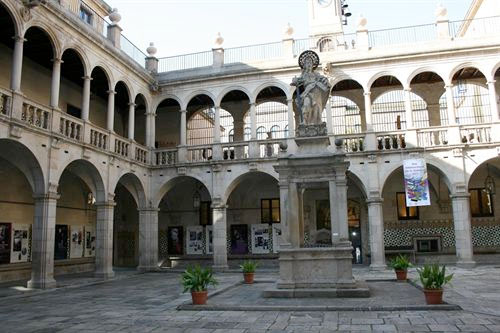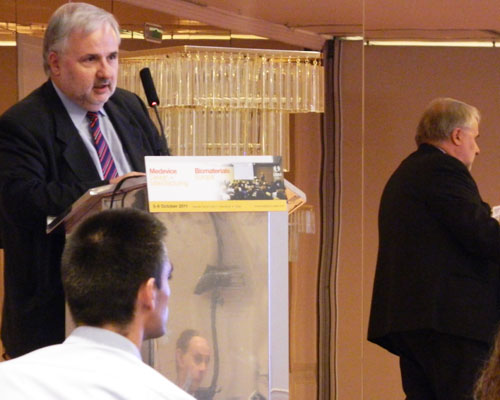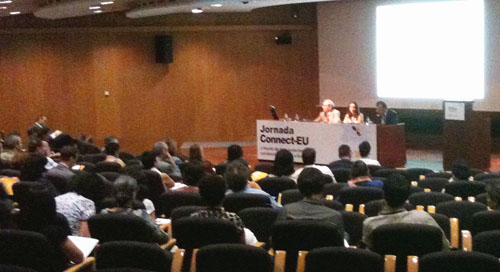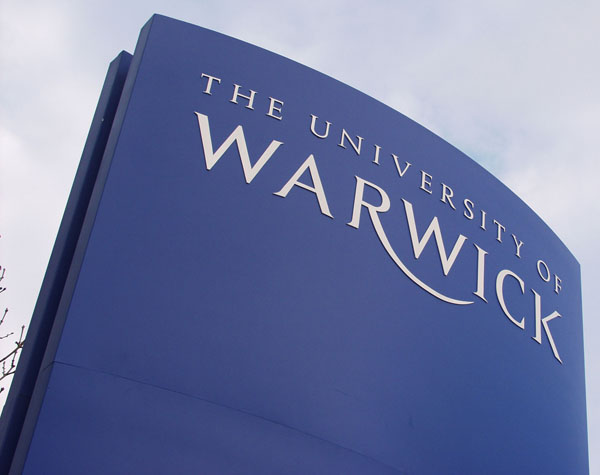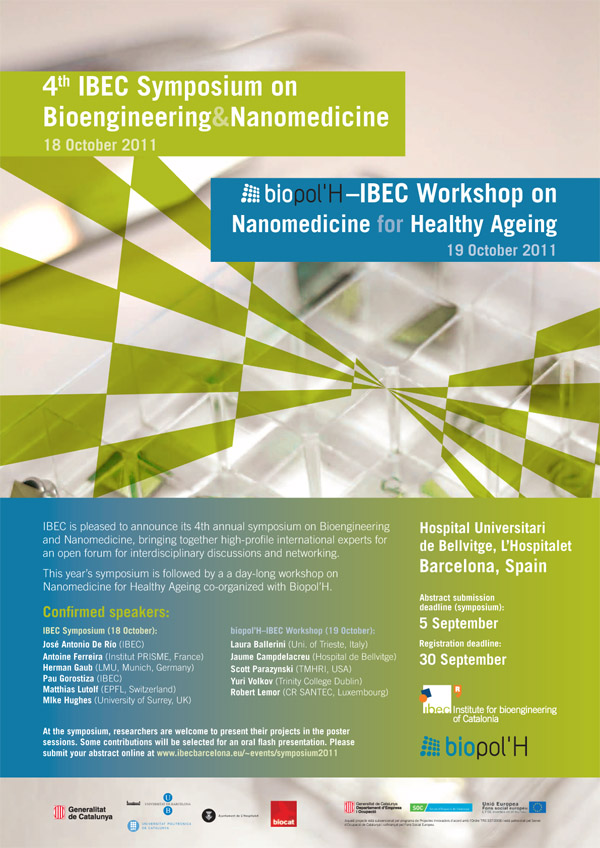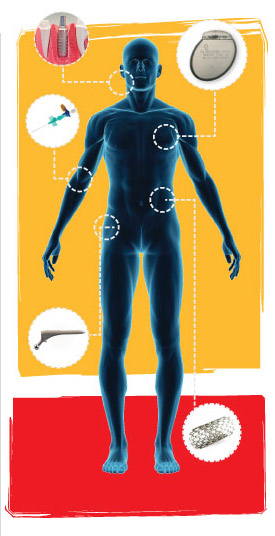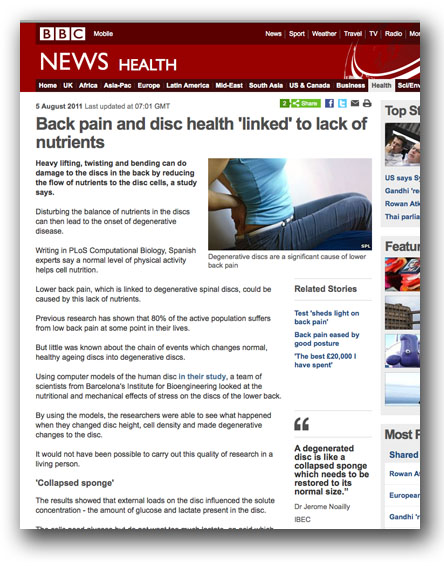‘Roadmap’ for nanobiotech in Catalonia presented
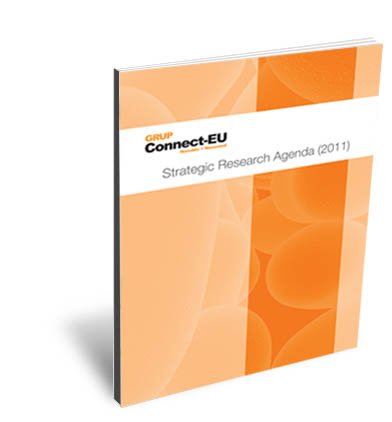 The IBEC-coordinated Connect-EU Nanobio + Nanomed working group has published a ‘roadmap’ for nanobiotechnology capabilities in Catalonia, the first major step since the group’s launch at the end of last year.
The IBEC-coordinated Connect-EU Nanobio + Nanomed working group has published a ‘roadmap’ for nanobiotechnology capabilities in Catalonia, the first major step since the group’s launch at the end of last year.


